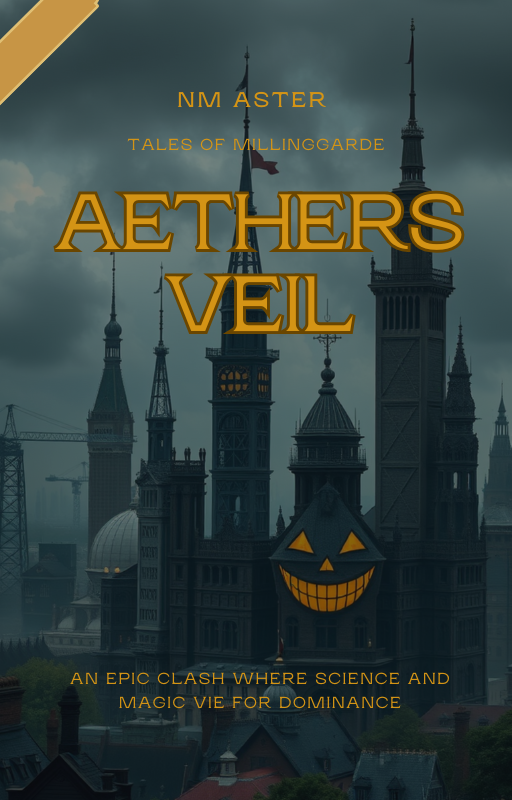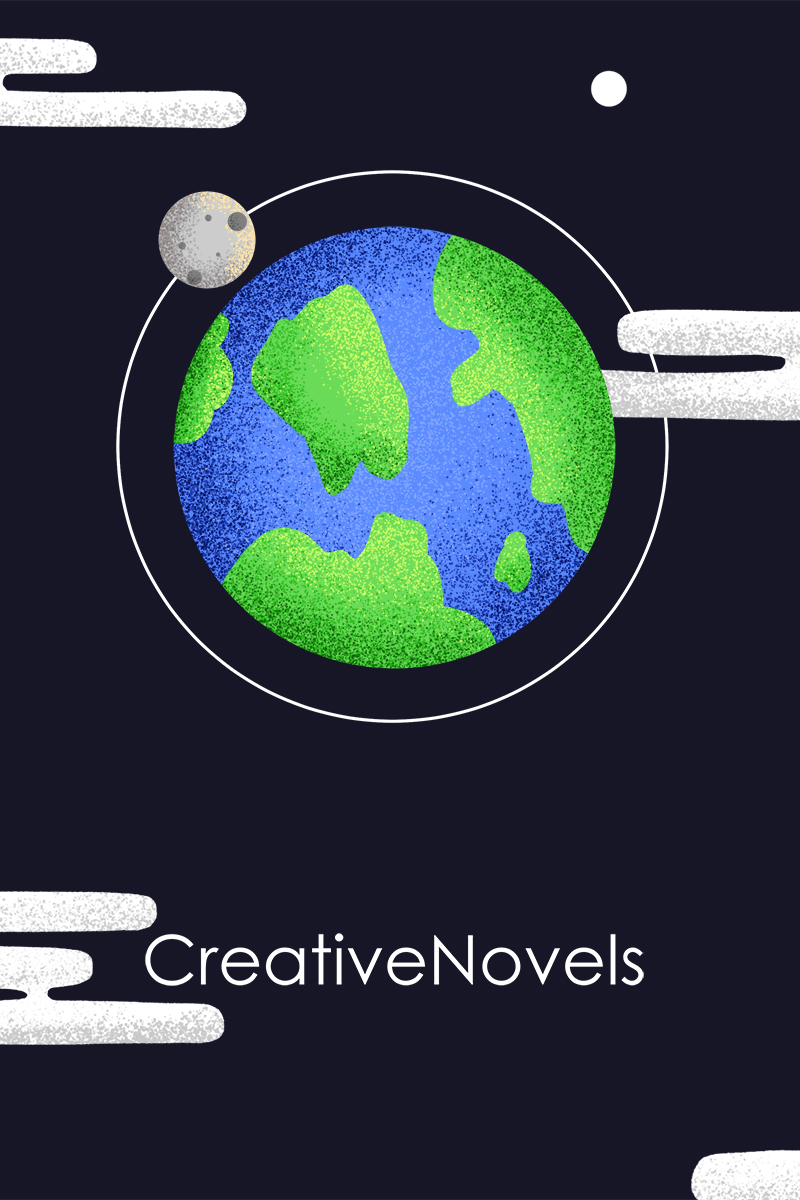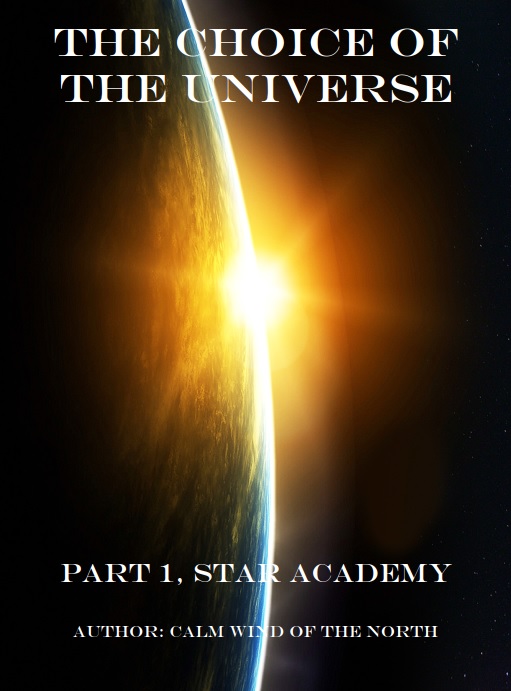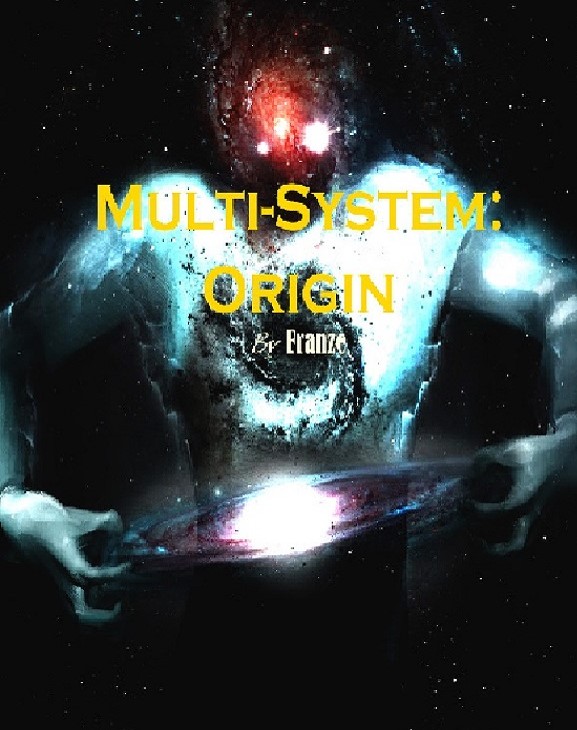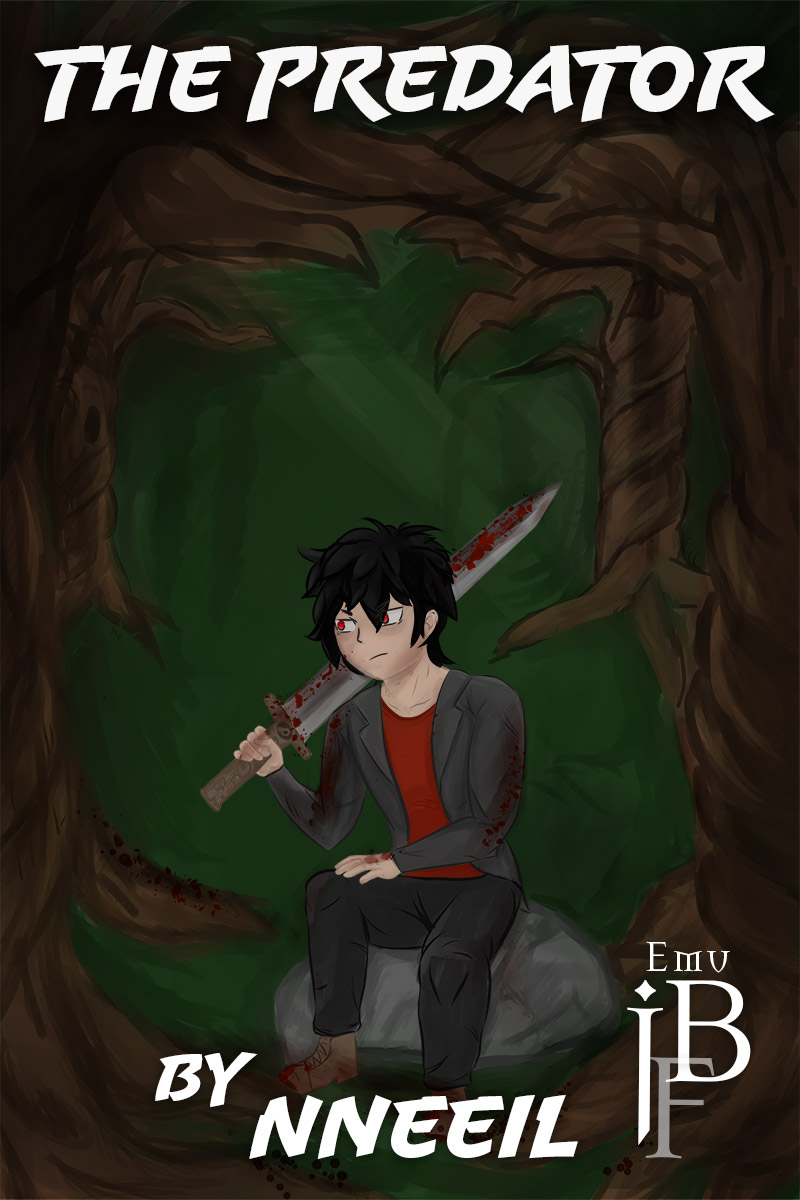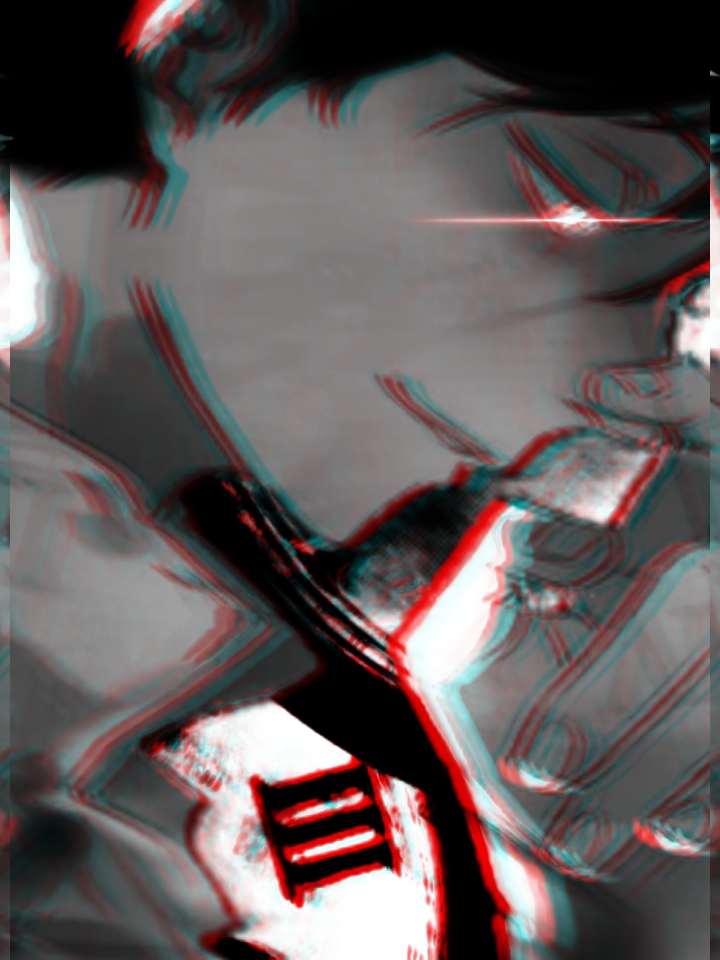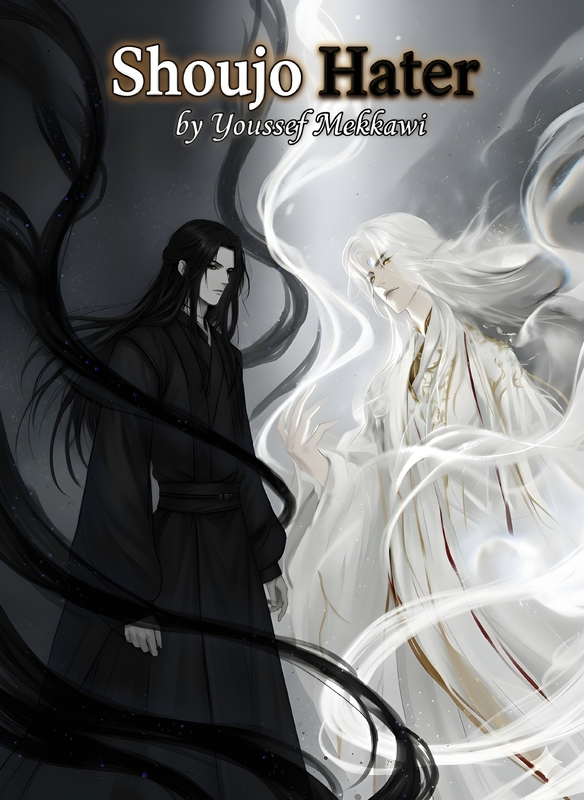Karies’s world had always been small. The kennel, his cage, and the routine clatter of feeding bowls were the edges of his existence. Life outside those walls was distant, incomprehensible—a world glimpsed only through the slats of his cage.
Until the silence came.
It struck abruptly, stealing in like a predator, unnoticed until it was too late. In an instant, the background hum of life vanished. Dogs stopped barking mid-yap. Birds ceased their incessant chirping. Even the faint hum of machinery—the buzz of lights, the distant roar of cars—faded into a vacuum.
At first, Karies thought his ears were betraying him. He tilted his head, straining to catch a sound, any sound. But the quiet was absolute, oppressive. It pressed against him, making his fur bristle and his tail stiffen.
There was something wrong.
It wasn’t just the silence. There was an energy in the air, something primal and unrelenting. It seeped into the kennel, into the cracks of the walls, and into the very bones of the animals. Karies felt it in every twitch of his muscles, every beat of his heart. It was impossible to describe—an ache, a hum, a tension that made the air itself feel alive.
The other dogs sensed it too. Their crazed pacing, their endless whining and howling, all stopped at once. They sat motionless in their cages, ears pinned back, eyes darting nervously to the shadows. Not one of them barked or growled. They didn’t dare.
For the first time, the kennel was unified—not in noise, but in dread.
Karies shifted uneasily in his cage. His claws scraped against the concrete floor, the sound unnaturally loud in the void. He wanted to run, to flee from this invisible threat, but there was nowhere to go. The bars that had confined him for so long were no less impenetrable now.
Outside the kennel, the humans carried on, oblivious to the shift. They moved with their usual hurried steps, their voices raised in chatter or commands, entirely unaware of the suffocating tension permeating the air. They couldn’t feel it. Not like the animals could.
Karies’s nose twitched, searching for an answer in the scents that drifted through the building. Smoke? No, something sharper. Acrid. Wrong. His hackles rose as he sniffed again, trying to pin down the source of his unease, but the smell was faint, elusive. It was as though the world itself had changed, and he couldn’t yet grasp how.
Time passed in agonizing slowness. Minutes, hours—Karies couldn’t tell. He watched the humans come and go, their faces calm, their voices steady. For them, it was just another day. But Karies and the others knew better. Something was coming. Something the humans couldn’t see, couldn’t hear, couldn’t smell.
Something bad.
And just like that, as the thought began to fade from Karies’s mind, it happened.
The silence shattered, replaced by a deafening cacophony that slammed into him like a physical force. It was louder than anything Karies had ever heard, a noise so overwhelming it made the walls of the kennel tremble and his body freeze.
It wasn’t just sound—it was chaos. Screeching, wailing, screaming, and laughing all melded into one horrifying symphony. It wasn’t a noise that could be understood, but one that could be felt deep in his chest, reverberating through his bones. It was everything and nothing, a storm of sound that seemed to come from nowhere and everywhere at once.
Karies pressed himself to the floor of his cage, ears flattened against his skull as the noise reached its peak. His heart raced, pounding against his ribs, but he didn’t move. He couldn’t.
And then, as quickly as it had come, the noise was gone.
The world returned to its fragile normalcy, the eerie silence settling back into place as though nothing had happened. But Karies knew better.
Something had changed.
The air was heavier now, carrying an invisible weight that pressed down on him. Karies’s instincts screamed that whatever had happened, it wasn’t over. Something terrible had occurred, something far beyond his understanding, and there was nothing anyone could do about it.
He stayed low to the ground, his breath shallow, his ears swiveling for any sign of danger. But the only sound was the faint creak of the kennel walls, groaning in the stillness. Around him, the other dogs were silent, their wide eyes mirroring the fear that churned in Karies’s chest.
The humans outside hadn’t even flinched. They went on as they always did, unaware of the moment that had passed. Of the shift that had taken place.
Karies knew, though. He didn’t understand it, but he felt it, deep in his core. Whatever that sound had been, it wasn’t the end. It was the beginning.
At first, it was the absence of footsteps. The humans who had tended to the dogs stopped coming, their voices replaced by the eerie stillness of an empty building. Hunger followed close behind, an aching, hollow feeling that curled deep inside him, growing sharper with every passing hour.
Then the smells changed. Acrid smoke seeped through the walls, mingling with the sharp, metallic tang of fear and decay. The air was heavy, suffocating, carrying something unspoken that made Karies’s fur bristle.
The other dogs in the kennel reacted first. They howled and barked, throwing themselves at the bars of their cages, their cries echoing endlessly in the confined space. There was no pattern to the noise, only raw panic. Desperation. Their voices were wild, pleading with a world that had already turned its back.
Karies didn’t join them.
He paced the cramped confines of his cage, his steps slow and deliberate. His body was tired, his ribs pressing against his thinning coat, but he conserved his strength. His ears twitched at every faint noise, swiveling like twin radars as he searched for a sound—any sound—that would explain the absence of humans. His nose worked the air, seeking answers in the shifting tapestry of smells, but the answers never came.
Days passed. Or perhaps it was longer; time meant little in the unbroken monotony of hunger and silence. The barking began to fade, not all at once but gradually, as if the dogs were losing the strength to carry their voices. Whines turned to rasps. Rasping turned to stillness.
One by one, the other dogs fell silent.
Karies didn’t need to look to know what had happened. The weight of it settled over the kennel like a shroud. He could feel it in his chest, a heavy, suffocating presence that made the air harder to breathe. His pacing slowed, and he sat down, curling into himself to conserve what little energy he had left.
But the hunger didn’t care.
It gnawed at him, relentless and sharp, twisting his insides into knots. The thirst was worse—an unquenchable fire that left his throat raw and his head heavy. He tried to ignore it, to distract himself by focusing on the faint sounds of the outside world, but there was nothing out there except silence.
Karies knew his time was coming. His body was weakening. Every muscle ached, and his paws felt too heavy to lift. His thoughts grew sluggish, clouded by exhaustion. But even as his strength ebbed, something inside him refused to surrender.
He would not die here.
Survival would not come from humans. No hand would reach into the cage with food or water, no voice would call his name. If he stayed, he would be just another silent body among the rows.
It had to come from him.
Driven by hunger, instinct, and the unshakable will to live, Karies threw himself against the cage door. The impact rattled his bones, sending sharp jolts of pain through his shoulder, but the rusted latch groaned in protest. It wasn’t enough. He backed up and lunged again, harder this time, his claws scrabbling against the floor as he slammed into the bars.
The door held firm, but he didn’t stop. Again. And again. Each impact sent the door quivering against its frame, the hinges screeching their protest. Karies’s vision blurred, and his chest heaved, but he kept going.
Finally, with a sharp, metallic snap, the latch gave.
The door swung open, and Karies stumbled forward, his legs trembling beneath him. For a moment, he stood still, staring at the open space before him. The kennel was quiet, the rows of cages now filled with shadows and ghosts. The air was no better out here—thick with the stench of death and rot—but it was open.
Tentatively, he took a step forward, then another, his paw pads skimming the cold concrete. The emptiness of the kennel pressed in on him, the silence no longer broken by barking or whining. It felt wrong, unnatural, as though the building itself mourned its emptiness.
Karies didn’t look back. He couldn’t.
The air outside called to him, beckoning with the faint promise of freedom, however harsh. It was unfamiliar, heavy with smoke and something more dangerous, but it was his. For the first time, he stood outside the confines of his cage, breathing the same tainted air as the world beyond.
And for the first time, he felt the weight of survival.
Karies took a slow, careful step forward, his paws pressing into the jagged pavement, feeling the coolness of the cracked concrete beneath his pads. Every muscle in his body tensed, his fur prickling at the unfamiliar sensation of open space. The door to the kennel had swung wide, and the world beyond it—wild and untamed—pulled at him like a magnetic force.
His nose twitched, drawing in the thick air, and the scents hit him like a wave. Smoke. Rot. Ash. But there was something else beneath it—something sharp, unnatural, and foreign. The smell of fear lingered in the air like a predator’s breath. His instincts screamed at him to be cautious, to stay low, to blend in with the shadows.
The sky above was a sickly orange, thick with dust that clung to the air. His ears flicked back, sensing the weight of the atmosphere, the pressure of something unsaid, something out of place. The world had shifted, and Karies could feel it in his bones.
He moved cautiously, his body low to the ground. His steps were measured, soft, his paws splayed to avoid the crunch of glass beneath him. His keen senses picked up everything—the faintest rustle of wind, the distant groan of collapsing structures, the overpowering stench of decay. It was all so… wrong. But still, his instincts urged him forward.
The city was dead silent, but not the kind of quiet he knew from the kennel. That had been the silence of captivity, of waiting. This silence was different—it felt heavy, suffocating, like the whole world was holding its breath.
Every time his feet scraped the ground, the air seemed to thicken. Karies’s fur stood on end as his senses strained, the hairs on his back prickling with unease. He could smell it now—the stale scent of something left behind, something broken. The earth was littered with shards of glass and twisted metal, evidence of a life that had been interrupted. Abandoned.
His sharp eyes scanned the broken landscape, picking out every detail with the precision of a predator, every movement catching his attention. His tail, stiff and tense, barely moved, but his eyes never stopped searching.
Then, out of the corner of his eye, he saw it.
A shape.
It moved through the wreckage, slow and deliberate, its movements jerky and erratic. Karies’s ears flattened against his skull, his body instinctively crouching lower to the ground. His breath quickened, his sharp teeth bared in a silent warning. He could feel his heart pounding, a deep, rhythmic beat that echoed in his chest.
He wanted to run. Every fiber of his being screamed at him to flee into the shadows, to hide, to become one with the silence. But his curiosity—fueled by hunger and something else, something primal—kept him rooted to the spot.
His eyes never left the figure, studying its every motion. It was large, larger than anything he’d encountered before, and its movements were unnatural. Karies’s instincts told him it was a threat—dangerous, deadly. But still, he stayed. He was driven by the need to understand, to survive.
The city—this new world—was a strange, hostile place, and Karies was no longer just a kennel dog. He was a creature of instinct now, a survivor, driven by hunger, fear, and the burning need to know what came next.
He took one careful step forward, his body tense, muscles coiled like a spring. The figure didn’t seem to notice him, but the stillness in the air was unbearable, as if time itself was waiting for something to break the silence.
Then the figure moved again, turning slowly to face him. Karies froze, his eyes locked on its glowing, unnatural gaze. The air around him seemed to thrum with the tension, vibrating with the anticipation of something he couldn’t yet understand.
For a moment, neither of them moved. The city was still, the only sound was the soft rustle of dust in the wind. Karies’s breath was shallow, his senses heightened.
And for the first time in his life, he felt it—the sharp edge of survival. The world around him, twisted and strange, had become a place of danger and opportunity. The figure was a part of that.
What came next, Karies didn’t know. But he was free, and that’s all that mattered.


